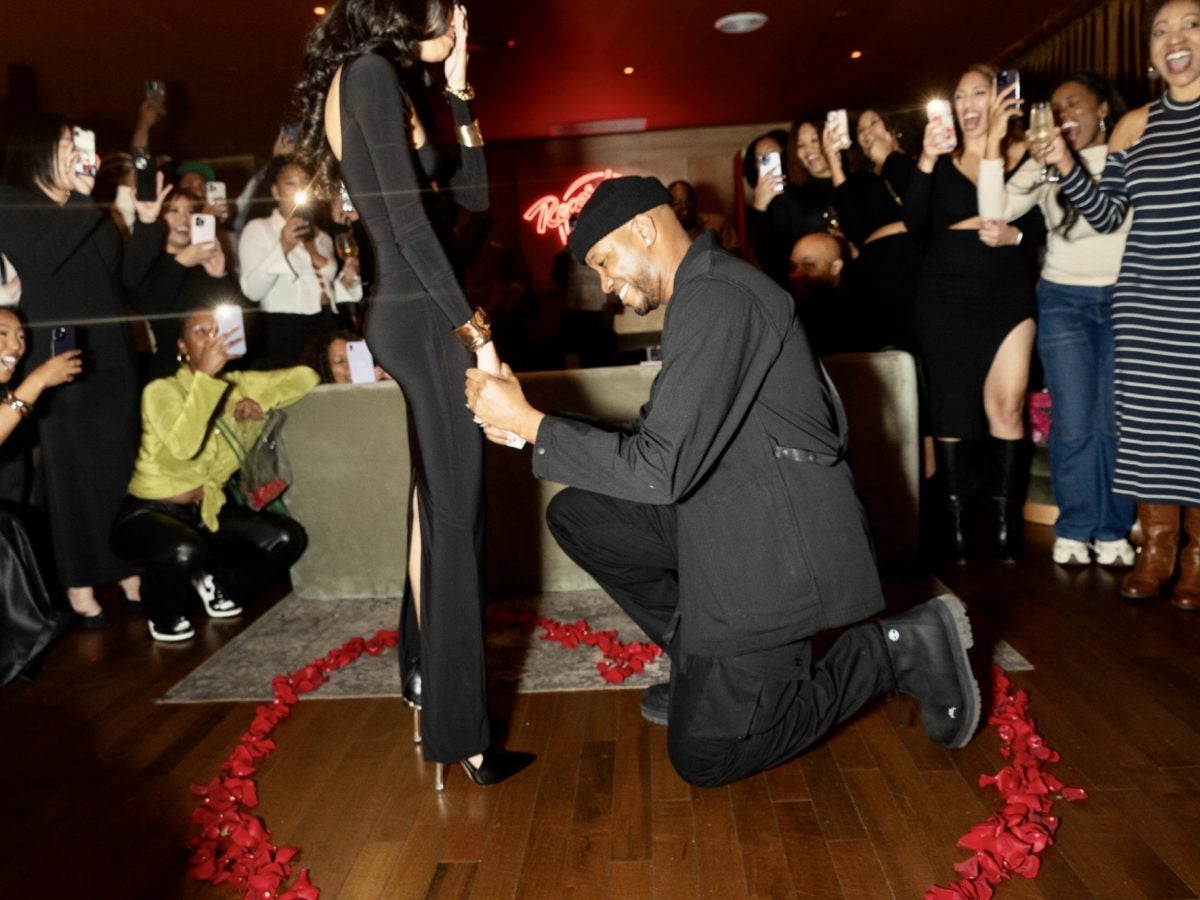
Money may not buy love, but it can definitely build a life.
Or at least that’s increasingly the general consensus among many of us who are prioritizing financial well-being right alongside romance. In other words, love without money is not as acceptable as it has been in the past.
In a 2024 Forbes Advisor report on financial perspectives in relationships, 9 in 10 Baby Boomers (those born in 1946 – 1964) were comfortable with the idea of their partner making considerably less. Gen Z and millennial respondents almost overwhelmingly rejected that idea, but still intimated that love and marriage were important. Northwestern Mutual’s 2023 Planning & Progress Study found that nearly half (49%) of Gen Zers and 40% of millennials view financial compatibility as more important than physical compatibility.
Overall, younger couples are more serious than ever about having important money conversations before embarking on any life commitments to one another.
“We laid our entire financial history out to one another around the 1.5 year mark,” Sidnee Michelle, senior digital editor at Black Enterprise told ESSENCE. She and her fiancee’, music executive Bryant Jacques became engaged in December 2023 after being together for two years, and plan to wed within a year or two.
“It was pretty early on, but we both knew what we wanted so that conversation was really important to have up front.”

Rose Niang, director of financial planning at Edelman Financial Engines agrees.
“Being extremely honest with each other around how you spend and why you spend is critical to all relationships,” Niang tells ESSENCE. “Asking yourself and your partner questions like what are some of those things that are non negotiable for you is a great place to start. Having that clarity in the beginning is crucial. I think one of the biggest issues behind why couples have financial stress is one of them don’t have visibility or control. And when you don’t have that, emotions take over.”
Niang says this is especially prevalent among Black American couples since a large sect of the group don’t have generational wealth to fall back on if their nuclear family falls short. “It is a topic that is unfortunately not openly discussed in the community. And shame around it can make these times of financial hardships seem even greater. And then that’s when, unfortunately, couples will start the blame game.”
Niang suggests a few key tips for navigating tough financial conversations that will help remove any barriers to jumping the broom.
Be hopelessly and REALISTICALLY in love
Per Edelman Finacial Engine’s 2023 report on love and finances, first marriages have a 35-50% likelihood of dissolution, while second marriages tout an even higher probability of heartbreak. Atop of the list of reasons for splitting is financial incompatibility.
“Identifying those financial deal breakers is something I always tell to my coupled clients.” Niang, who has been married for over a decade, told her husband about her non-negotiable while they were still dating.
“I help my mom with her retirement, so my husband and I have had not only one conversation, but multiple conversations around the fact that that’s a non negotiable for me. She worked two jobs to get me through college. I am going to do this. But what does that mean for our couple? It means that we have to budget for that because that’s something that’s important to me. Getting clear about the types of sacrifices that will have to be made individually and as a couple is crucial.” Niang says there’s no use in hiding your head in the sand for the sake of saving the relationship because the “reality of your financial situation will always find you.”
Michelle also points out that being radically honest about each other’s strengths and areas for growth is important.
“My fiancee is a bit more financially solvent than I am, and that was something I was intimidated by in the beginning,” she shares. “But talking about it, and realizing that he’s open to helping me through it while working together to build a family is where those moments of hard honesty led us.”
Differentiate between individual and common financial goals
“Just because you are in a couple doesn’t mean all of your financial goals are the same,” Niang says. “Making sure that you talk through those money aspirations in silos, {my goal, your goals, our goals} and how to get there in a non emotional way, is the best path forward. How you the emotion is by increasingly talking about money highs and lows like its the most normal thing in the world, because it is.”
Michelle says her and her fiancee’ have not only taken this approach, but formalized it.
“We use a shared working document {like a Google Doc} that lists all of our expenses and spending on a weekly basis and we both take a look at it regularly to ensure we’re always on the same page.”
She adds: “This is a pivotal tool we’re utilizing as we plan our wedding because neither one of us want to be blindsided.”
Get tactical
While using this method works for them, it’s important to home in on what tools and processes would best support financial transparency within your relationship.
“My husband and I set aside time every quarter to have a meeting about our finances,” Niang shares. “I send a calendar invite, and we stick to it.”
She says that the discussions holds space for them to set clear boundaries for themselves and others regarding spending, identify ways to compromise if need be and make new goals for themselves and their family.
Similarly, Michelle shared that her and her fiancee make regular time go through their shared document and identify ways to cut costs or evaluate their household income.
“We figure out where we can save or splurge, and having that accountability and visibility partner is so nice. It makes all of this so much easier, because managing finances isn’t always easy. But together, we can do anything.”






